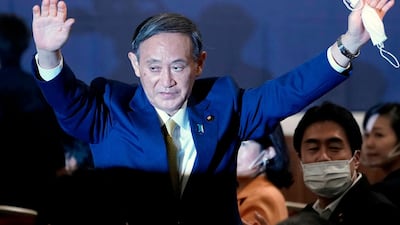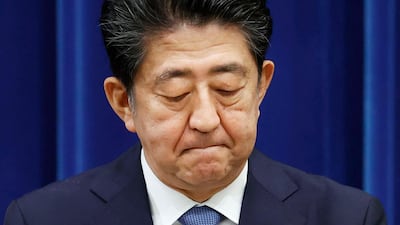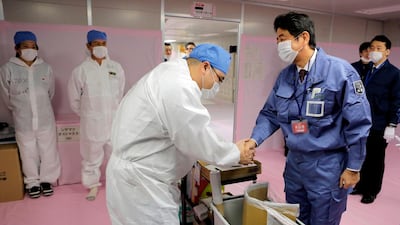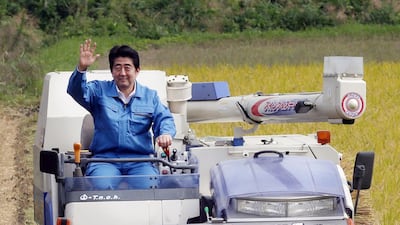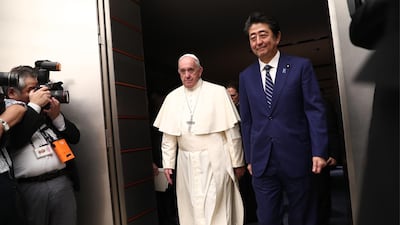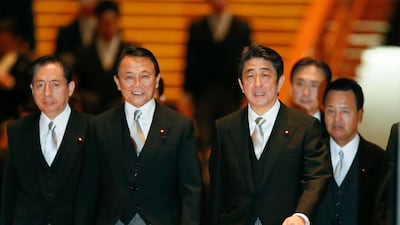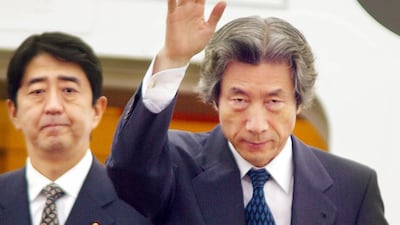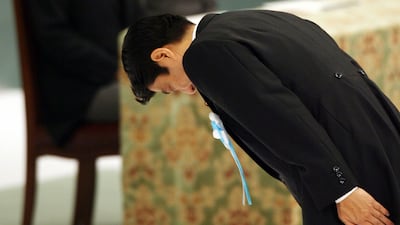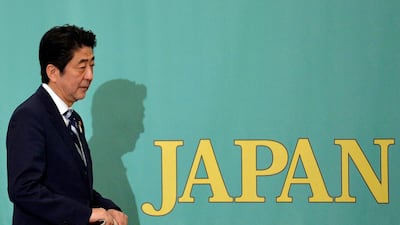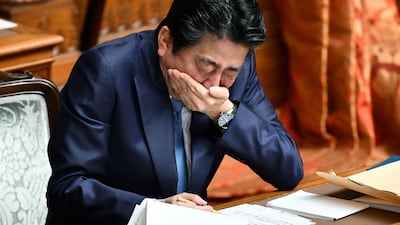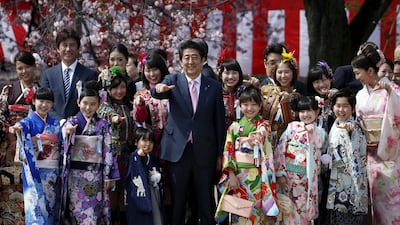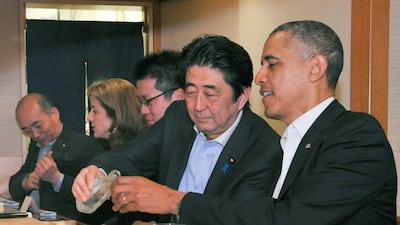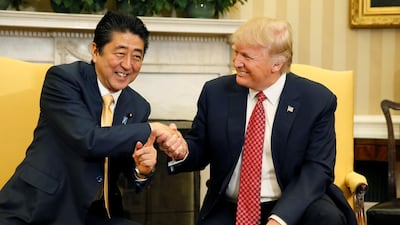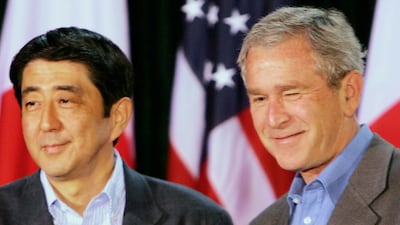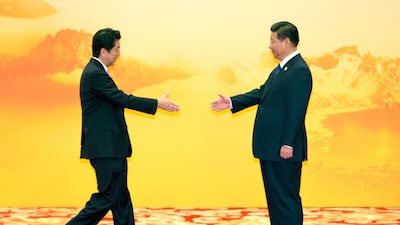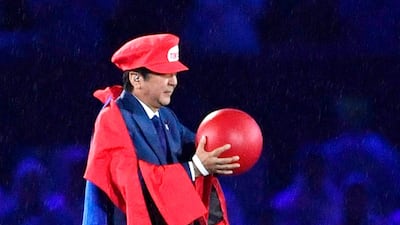Yoshihide Suga was elected the new leader of Japan's ruling party on Monday, making him all but certain to replace Shinzo Abe as the country's next prime minister.
Mr Suga, the chief cabinet secretary, easily won the ballot, taking 377 of a total of 534 valid votes from Liberal Democratic Party (LDP) politicians and regional representatives.
His rivals, former defence minister Shigeru Ishiba and party policy chief Fumio Kishida, trailed far behind.
Given the LDP's legislative majority, Mr Suga is expected to handily win a parliamentary vote on Wednesday and become prime minister, taking over from Mr Abe, who is resigning for health reasons.
A powerful government adviser and spokesman, Mr Suga, 71, is seen as offering stability and a continuation of Mr Abe's policies.
He has specifically said his candidacy was motivated by a desire to continue the outgoing prime minister's programmes.

Mr Ishiba, who is popular with the public but less so within his own party, won just 68 votes, with Mr Kishida, who was once considered the favoured successor, taking 89.
Mr Abe was Japan's longest-serving prime minister before being forced to resign after a recurrence of ulcerative colitis. He declined to publicly endorse any candidate.
The son of a strawberry farmer, Mr Suga was raised in Japan's northern Akita region, and the issues of rural areas suffering depopulation are said to be among his top concerns.
But not much is known about his personal ideology, and he is generally viewed as an adherent of neither the LDP's most hawkish nor its more reformist wings.
As prime minister, he will face a series of tough challenges, including containing the coronavirus and righting the world's third-biggest economy, which was in recession even before the pandemic.
Mr Suga says that he is a reformist and that he has worked to achieve policies by breaking territorial barriers of bureaucracy. He has credited himself for those efforts in achieving a booming foreign tourism industry in Japan, lowering cellphone bills and bolstering agricultural exports.
Compared to his political skills at home, Mr Suga has hardly traveled overseas, and his diplomatic skills are unknown, though he is largely expected to pursue Mr Abe’s priorities.
In addition to the coronavirus and the economic fallout, Mr Suga stands to inherit several other challenges, including China, which continues its assertive actions in the East China Sea. He also will have to decide what to do with the Tokyo Olympics, which were pushed back to next summer due to the coronavirus. And he will have to establish a good relationship with whoever wins the US presidential race.
